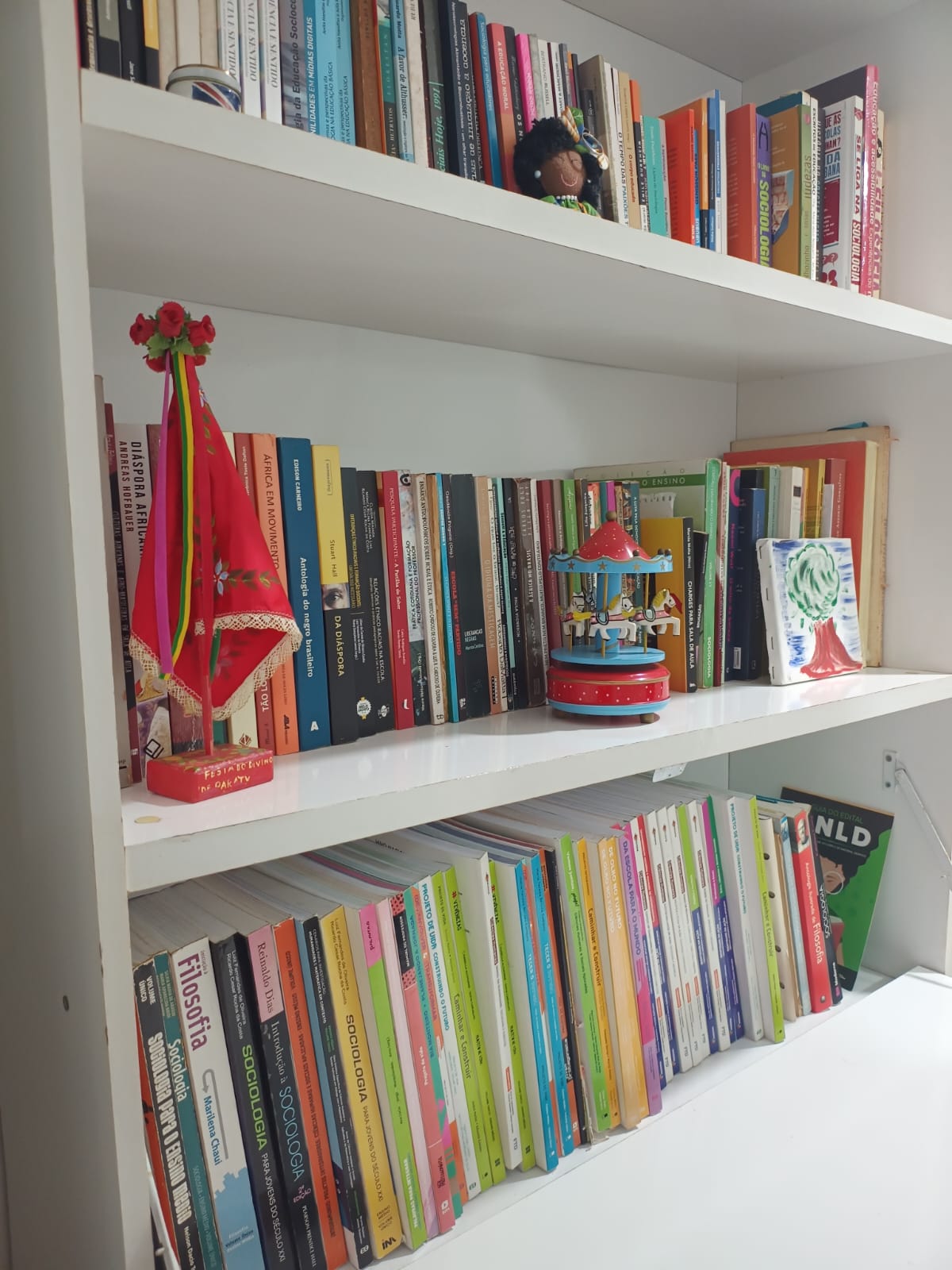ANTHROPOLOGY AND TEACHING:
TEACHER TRAINING IN THE LIGHT OF DIDACTIC MATERIALS
DOI:
https://doi.org/10.22478/ufpb.2447-9837.2024.n17.67462Abstract
The present work focuses on the anthropological approach to culture present in the 2021
teaching materials, approved by the National Plan for Textbooks (PNLD) under the new guise created with the New High School: the Applied Human and Social Sciences (CHSA) area of knowledge. According to the National Common Curricular Base (BNCC), this area of knowledge integrated by Philosophy, Geography, History and Sociology, focuses on the following categories: time and space; territory and borders; individual, nature, society, culture, ethics, politics and work. We will describe the cultural part in order to understand how Anthropology has been present in this new didactic material. It is about understanding and bringing to the debate the relationship between Anthropology and Basic Education. We will use as a methodology the documentary ethnography of the works of CHSA, from the year 2021, approved by the PNLD. Six works will be described
out of a total of fourteen obtained, as they are one of the most used and observed in schools where undergraduate students in Social Sciences carried out internships during the period from 2022 to 2023.
KEYWORDS: Anthropology. New High School. BNCC. Didactic material. Documentary ethnography.
Downloads

Downloads
Published
Issue
Section
License
- Autores mantém os direitos autorais e concedem à revista o direito de primeira publicação, com o trabalho simultaneamente licenciado sob a Licença Creative Commons Attribution que permite o compartilhamento do trabalho com reconhecimento da autoria e publicação inicial nesta revista.
- Autores têm autorização para assumir contratos adicionais separadamente, para distribuição não-exclusiva da versão do trabalho publicada nesta revista (ex.: publicar em repositório institucional ou como capítulo de livro), com reconhecimento de autoria e publicação inicial nesta revista.
- Autores têm permissão e são estimulados a publicar e distribuir seu trabalho online (ex.: em repositórios institucionais ou na sua página pessoal) a qualquer ponto antes ou durante o processo editorial, já que isso pode gerar alterações produtivas, bem como aumentar o impacto e a citação do trabalho publicado (Veja O Efeito do Acesso Livre).


